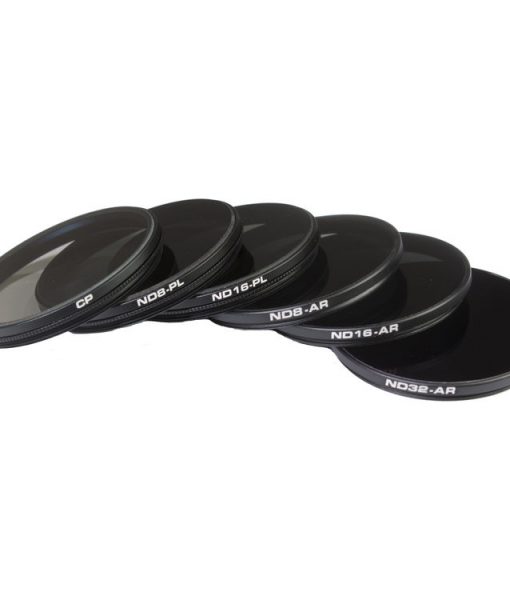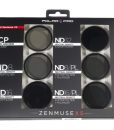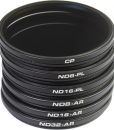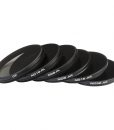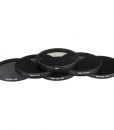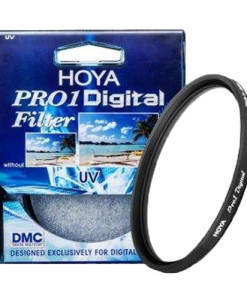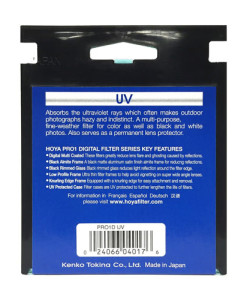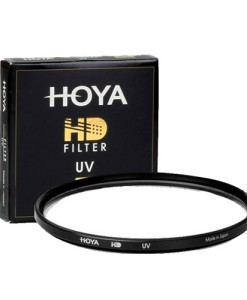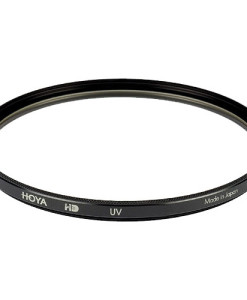Shop/Filters/Neutral Density
Polar Pro DJI Zenmuse X5/X5R Filter 6-Pack
₱9,999.00
PRODUCT HIGHLIGHTS
- Fits DJI X5S, X5R and X5 cameras
- Ultra-light filters ensure smooth and safe gimbal operation
- Multi-coated HD glass for razor sharp optics
- Designed specifically for the DJI Zenmuse X5S camera and gimbal
- Includes CP, ND8, ND16, ND32, ND8/PL and ND16/PL
Overview:
The PolarPro DJI Zenmuse X5S and X5R filters are designed specifically for the Zenmuse X5 platform, threading onto the stock X5 15mm MFT camera lens as well as other X5 compatible lenses that have a 46mm front filter thread. These production grade filters feature PolarPro’s multi-coated, high definition glass for pristine optical clarity and AirFrame™ construction for smooth and safe gimbal operation. PolarPro’s filters for the X5 platform are also compatible with the X5 lens hood and are designed to enhance the image and video quality of your X5 camera so that you can unpack the full potential of your Zenmuse X5 platform. The Zenmuse X5 filter 6-pack contains a CP filter, ND8 filter, ND16 filter, ND32 filter and combination ND8/PL and ND16/PL filters.
Compatible With:
- DJI MFT 15mm f/1.7 ASPH
- Panasonic Lumix 15mm f/1.7
- Olympus M.ED 12mm f/2.0
- Olympus M.Zuiko 17mm f/1.8
- Olympus M.Zuiko 25mm f/1.8
Included Filters:
Circular Polarizer Filter (CP): (7.75 grams) The CP filter is used for reducing glare off of the ground, water, and sky. This filter is especially important while flying because shooting from an elevated perspective causes the camera to pick up a lot of reflection off the ground. This polarizing filter helps improve color saturation in bright scenes and also improve contrast. In addition to glare reduction, this filter will make the sky a deeper blue and allow clouds to pop.
5-Stop Neutral Density Filter (ND32): (5.83 grams) The ND32 filter reduces 5 f-stops of light. Assuming an aperture of f2.8 or f5.6, this filter is best used on an extremely sunny and bright day to knock the shutter speed down to 1/60th. Multi-coated HD glass for pristine optics.
3-Stop Neutral Density Polarized Filter (ND8/PL): ( 9.25 grams) The ND8/PL is a specialty filter made specifically for aerial filming. This filter allows you to achieve 3 f-stops of light reduction with polarization, without stacking filters that would add excess weight to the X5 gimbal. Perfect for filming near water or locations with a lot of reflecting light, the ND8/PL makes the sky a nice deep blue and allows clouds to pop. Great for getting your shutter to 1/60th on partly cloudy days and also reducing reflections and glare. Multi-coated HD glass for pristine optics.
4-Stop Neutral Density Polarized Filter (ND16/PL): (9.25 grams) The ND16/PL is another unique combo filter specifically made to reduce shutter speed and glare, without stacking filters. The ND16/PL is perfect for filming on mostly sunny days, allowing you to hold aperture at f2.8 and get a slower shutter speed of 1/60th. Multi-coated HD glass for pristine optics.
When To Use:
The following guideline is a good starting point for when to use each filter while filming with your Inspire 1, Phantom 3, or Solo. The goal of this chart is to reduce the camera’s shutter speed to 1/60th to give aerial videos a smooth, cinematic look rather than a choppy, high shutter speed look. A popular way of filming aerial video is to have your shutter speed at double the frame rate. So, if you are shooting 1080/60, then you want to try to achieve 1/120th shutter speed. Or, if filming 4K/30 or 24, you will want to be near 1/60th shutter speed.


